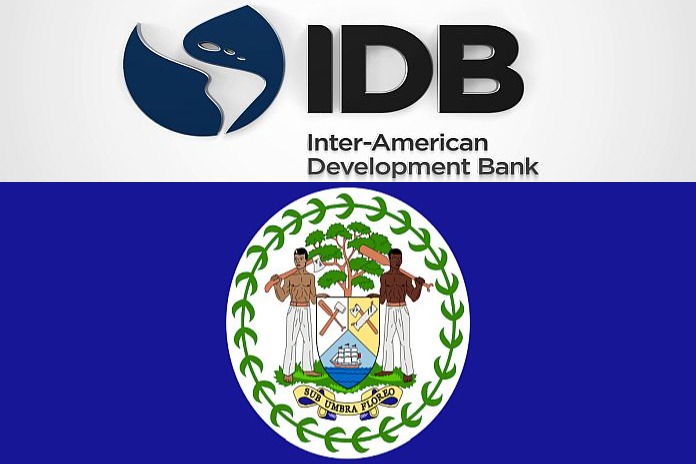By Government Press Office
BELMOPAN, Belize – The government of Belize and the Inter-American Development Bank (IDB) held a meeting Monday to discuss the IDB-funded study entitled “Skills to Shape the Future: Employability in Belize.”
The objective of the study is to highlight the changing landscape of Belize’s economy and the challenges and opportunities present to enable students and workers with the necessary skills to thrive in the labour market, looking at what students or workers lack and what employers seek. The study recognizes that Belize’s economy is transitioning toward the service sector and has great potential for workforce development in soft and digital skills.
Additionally, new survey data from 2023 reveals a growing trend for the integration of Fourth Industrial Revolution (4IR) technology into businesses which will only increase in importance in the future, including the need for cloud computing, cybersecurity, and systems integration skills.
The data also shows that half of the employers surveyed believe that there is a skills gap in 4IR technology among recent graduates, necessary for the current and future workplace and the space of technology.
Research presented also revealed that female students are at a disadvantage in Science, Technology, Engineering, and Math (STEM). Emma Naslund-Hadley, Lead Education Specialist for IDB, stated:
“The analysis of the study shows that many women who are trained in the exact sciences do not work in their fields of study. In fact, they are something of an untapped resource for economic growth, particularly given Belize’s increasing need for an educated workforce and women constituting two-thirds of people with a higher education attainment.”
The 2023 survey results support these findings, with 44.5% of teachers surveyed believing that there are gender discrimination and/or stereotypes against female students in STEM education and training. At the same time, some 40 percent of female employers hold the same view of differential treatment of women in STEM education and training.
As such, the government of Belize will continue to work hand in hand with IDB to further understand why these challenges exist and their implications and seek opportunities to close those skills gaps. This will enable students and workers to better shape their futures by becoming employable, thus building and growing Belize’s economy.
Present at the meeting were Dr Osmond Martinez, chief executive officer in the ministry of economic development; Dian Maheia, chief executive officer in the ministry of education, culture, science and technology; Emma Naslund-Hadley, lead education specialist, IDB; and Maria Fernanda Prada, education specialist, IDB; and other government officials and representatives of statutory bodies.





